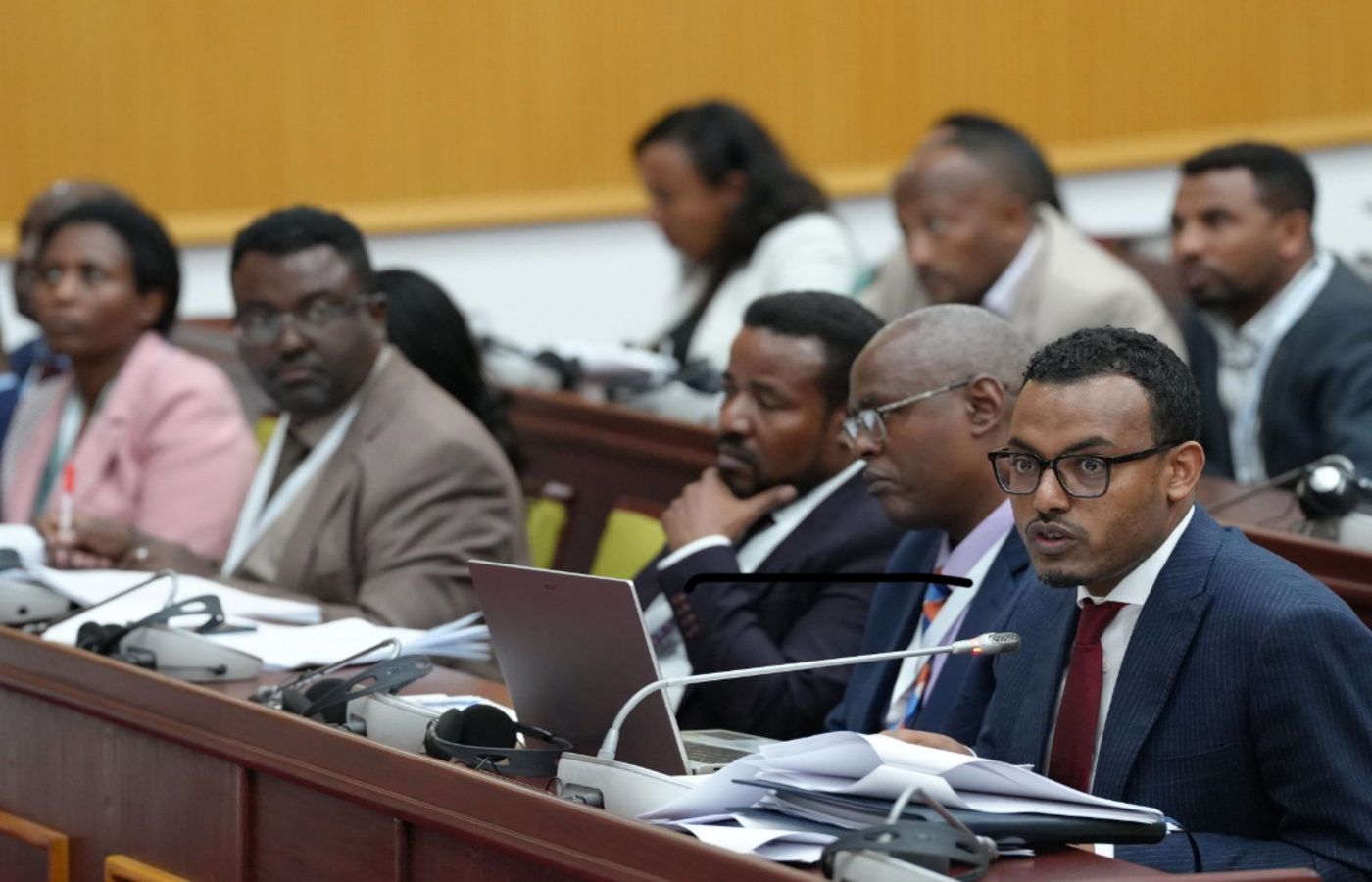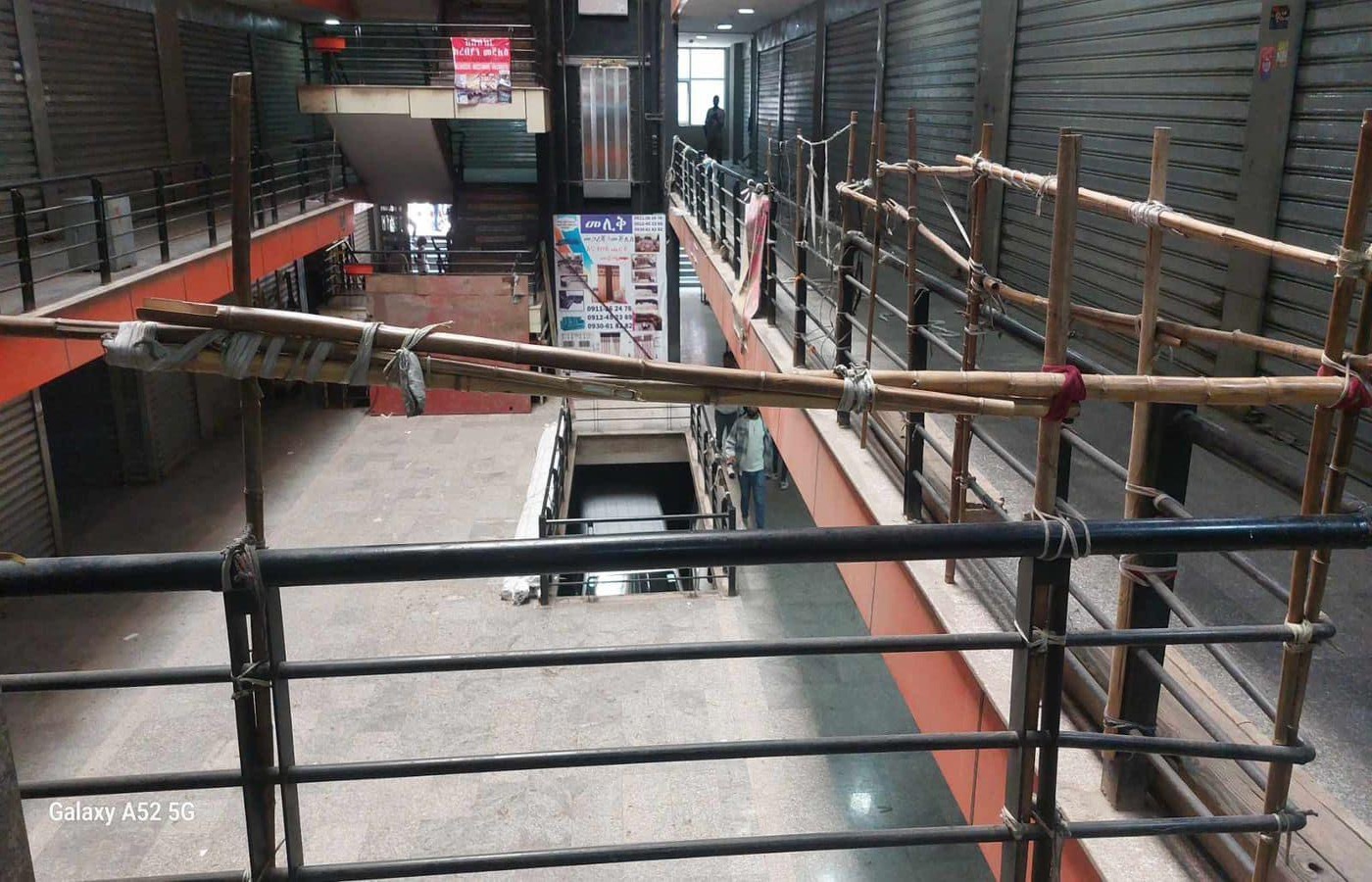Ethiopia is grappling with a staggering expenditure of $1.6 billion per year on port fees, a consequence of its lack of direct sea access, according to Abdulber Shemsu, the Director General of the Ethiopian Maritime Authority. In a recent address to the House of People's Representatives, Prime Minister Abiy Ahmed (PhD) cited a UN study that highlights how access to the sea can potentially enhance a nation's economic growth by 25-30 percent.
At present, more than 90 percent of Ethiopia's trade is reliant on the ports of Djibouti. However, Abdulber explained that this heavy dependence on Djibouti has exerted immense pressure on Ethiopia's logistics sector.
The exorbitant fees incurred during imports and exports through these ports have contributed to domestic price inflation, according to him. The establishment of an independent sea port would alleviate logistical costs and enable perishable exports, such as fruits, to compete more effectively by ensuring timely deliveries, the Director General said.
However, in response to these claims on his X (formerly Twitter) account, Djibouti's Economy & Finance Minister, IIyas M. Dawalleh, disputes the figures and offers a different perspective.
Minister Dawalleh stated that the “false figures of billions of dollars paid to Djibouti do not align with reality.” He explained that the bulk of the costs associated with transit via the Djibouti corridor, including port handling charges, are more closely linked to factors such as hinterland transportation costs, which are largely controlled by Ethiopian transport companies.
Minister Dawalleh also pointed out that Ethiopian forwarding agents' fees are higher than those of Djiboutian forwarders. He further noted that the Terminal Handling Charges (THC) paid by goods imported to Djibouti are more than four times the charges paid for goods in transit to Ethiopia, implying that Ethiopians enjoy certain privileges in this regard.
Minister Dawalleh recognized the need for road rehabilitation and maintenance, as Djibouti's corridor roads have suffered from rapid deterioration, partly due to overloaded trucks. He expressed the intention to address this issue in the future.





